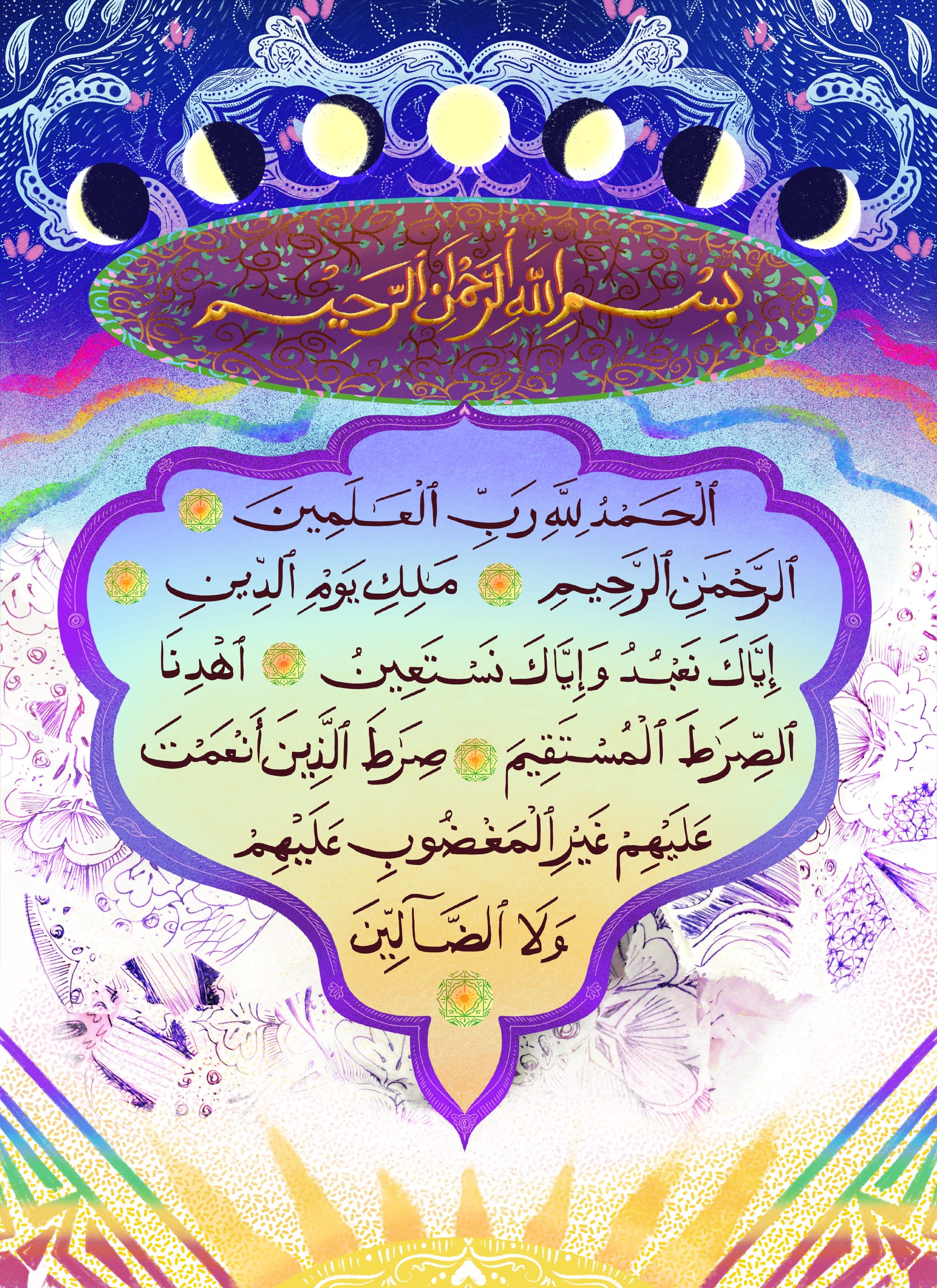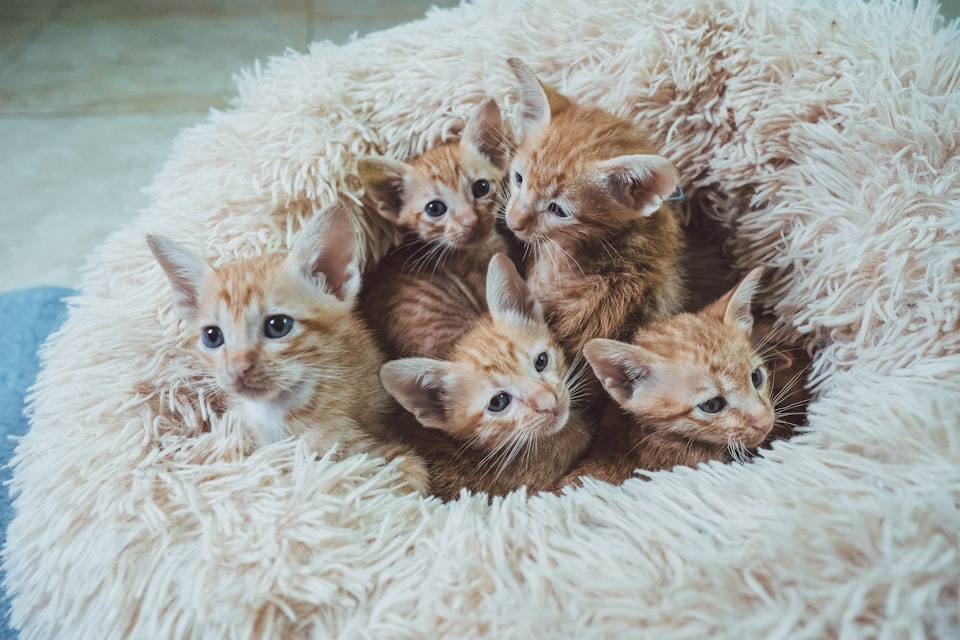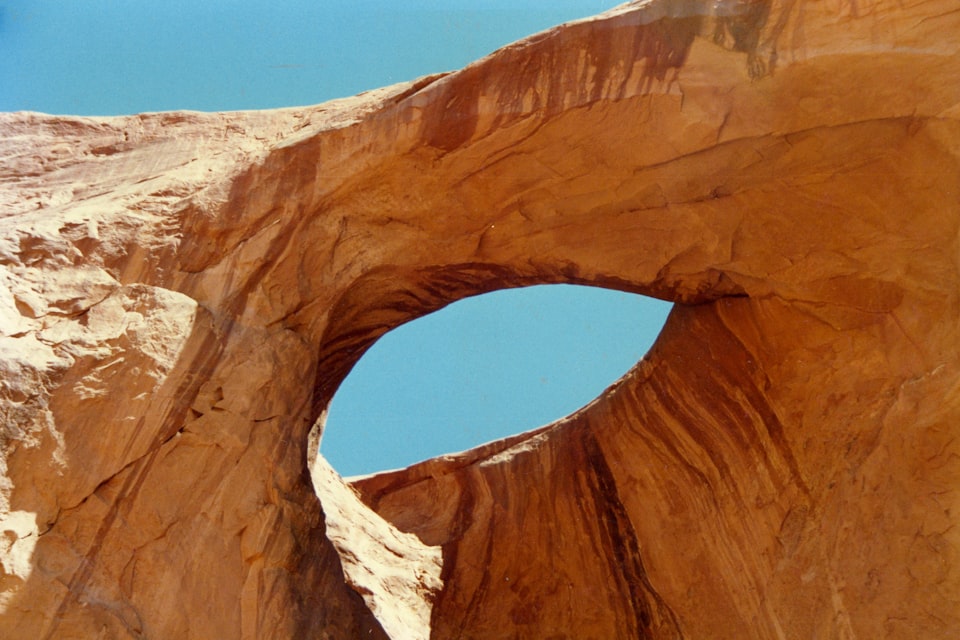Lessons from us for everyone else (The Signs In Ourselves, Part 10 of 12)
What if we allowed ourselves to see the lives of queer Muslims as a manifested source of rich Divine understanding for others?
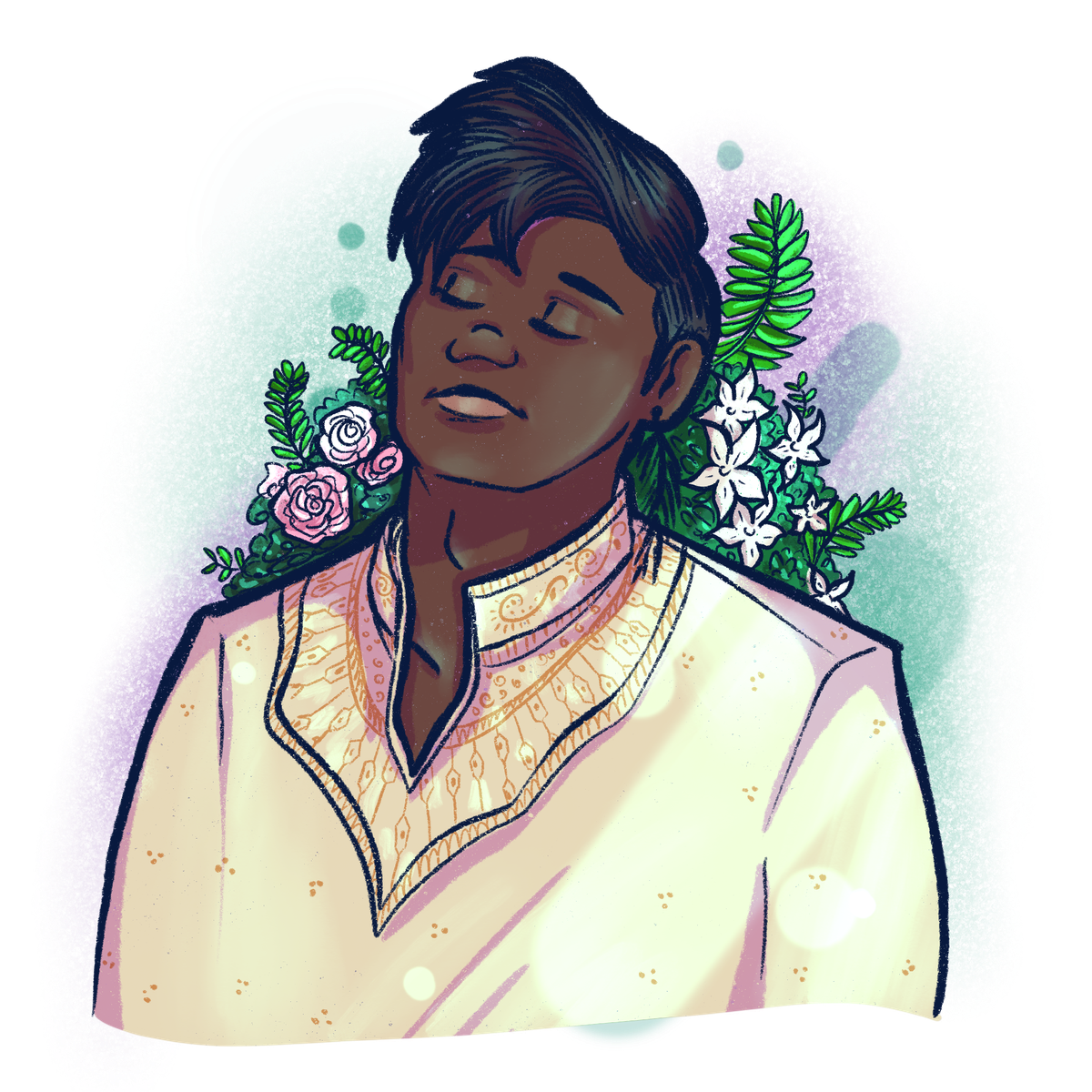
In this part, we share a few things we wished everyone else could learn from people like us. You are invited to add to the list in Exercise 11.

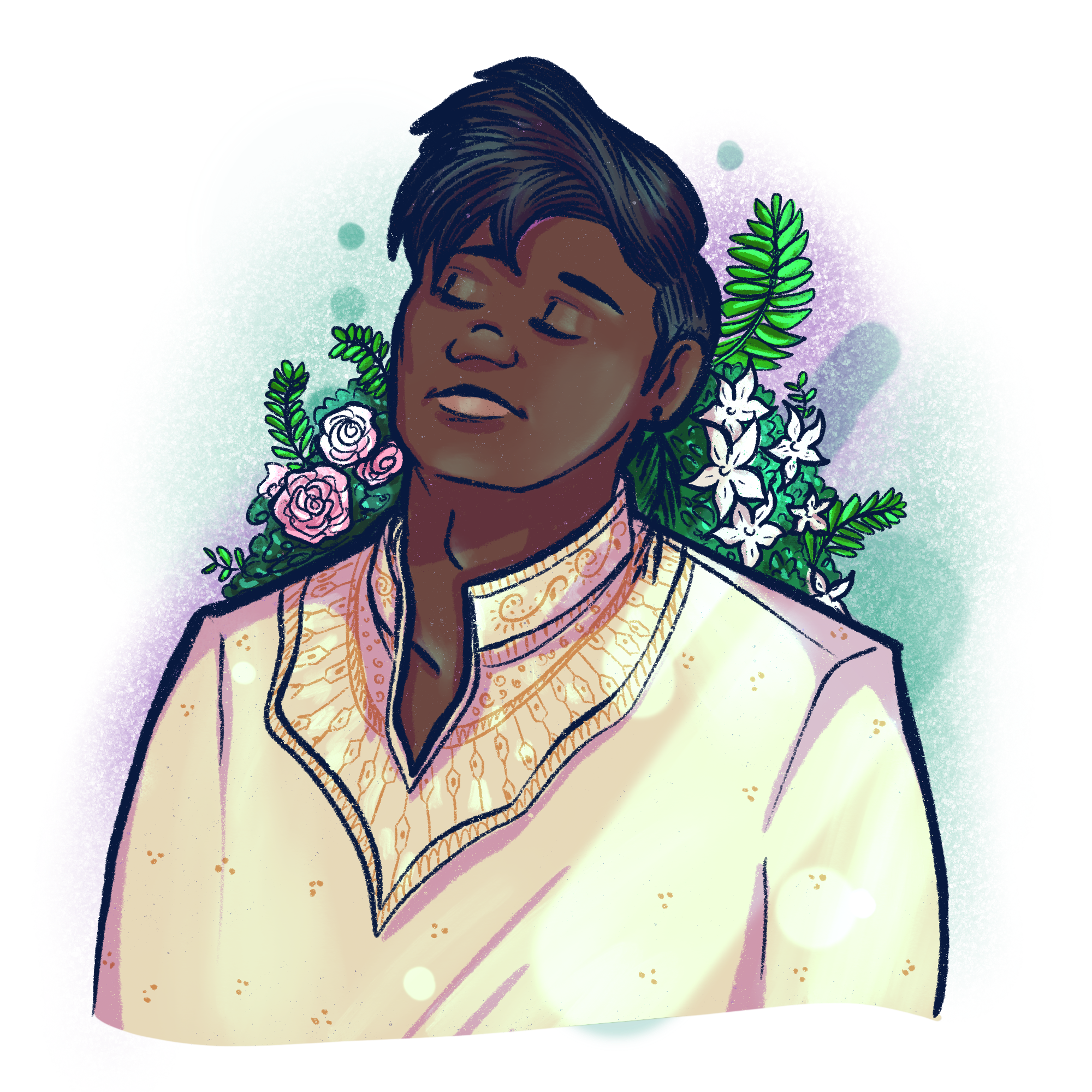
What can others learn about God from witnessing queer Muslim lived realities— from these sharings, friends, or beyond?
Allow yourself to see your life as a manifested source of rich Divine understanding for others. Meditate briefly if you need to before journaling your answers.
PERCEIVED SUPERIORITY IS AN OBSTACLE
“The problem is not straight vs. queer necessarily, it's perceived superiority that leads to us not wanting to learn. Straights feel superior to queers. Men feel superior to women. Gay men feel superior to trans people. White people feel superior to brown people. There are many Qur’anic verses where God tells us to learn from nature and other communities. To learn something instead of discriminating against them is something the Qur’an wants us to do with anyone regardless of social status, gender, or sexuality. Because later when we meet God again, we will be entirely alone with our choices. ‘Furada kama khalaqnakum awwala marrah’ in Surah al-An’am 94 implies that we will be our most primordial self, alone as we were first created. We do not take our race, class, gender, or sexual identity with us. What will be left?” (raqi spiritual healer, Malaysia, he/him)
TAFSIR CAN BE AN EMBODIED EXPERIENCE
"When I encountered the term ‘embodied tafsir’ in the works of Sa’diyya Shaikh from South Africa, I was so excited. The way tafsir conventionally is so male-dominated and intellectually-focused overlooks the embodied practices that queer Muslims struggle with in their daily lives. I think the concept is important to understand not only the experiences of Muslim women but all diverse Muslims. How we are struggling with our daily lives is also related to how we want to connect with God. That’s what other Muslims could learn from us, I think, to look deep into their embodied experiences. I know I learn from the way trans people connect their body to their mind and soul. This very localised embodied experience is so important for Muslims to learn about how to connect to God. Queer Muslims battle with this every day, but in this is also our journey to reconsider what we know and heal. I aligned with the concept of embodied tafsir immediately. In my queer camp, I already see this embodied experience way of thinking through Catholic ethics, and it’s exciting to see it developing with diverse Muslims like us." (freelance researcher, Indonesia, she/her)

MORE ANSWERS
- "I am staunchly anti-natalist, which means that while I view procreation as inherently unethical due to the sheer prospect of bringing a new life into a world where they will almost certainly suffer, I may adopt a child— especially an orphan— if and when I reach the level of financial security required to raise a child comfortably." (27, Malaysia, she/her)
- "I think God puts queer people like us on Earth as examples and for people to learn from us. Some of us might not be the best of role models. Some are. All of us are different in our queerness and no one experience is the same. I don’t think God puts us through this for the fun of it. I think God is kind. Faith is deeply personal. People can learn different versions of ways we can be Muslim from queer Muslims. No one can judge us except for God. So keep the faith and hopefully it brings us to paradise." (27, bisexual, she/her)
- "God's acceptance and understanding is greater than discrimination. I want to say that God accepts anyone of any sexuality or gender identity and does not discriminate the way humans do. I get that some people do not believe in any other Muslim other than cis and hetero ones. What's not okay is discrimination and being disregarded." (24, social worker, he/him)
- "I have a hard time articulating it in detail, but I believe us queers are much closer to God than those who persecute us. If there is real sainthood, isn't it in being able to keep our heart pure, to be kind and generous despite the stigma we endure?" (bisexual, France, she/her)
- "We are living statements to the fact that Allah has the most creative energy across the universe. He did not create the universe in the form of binaries, but in multiplication and merging realities, all of which beg for forgiveness because there is no single way of being." (academic, Pakistan, he/him)
- "Learn about how benevolent, merciful, and loving Allah is. We’ve gone through so much. LGBTQ Muslims risk their lives in their truth and continue to do so. People might wonder why couldn’t we stay in a closet or pick another identity to exist under. The ones who have the privilege and safety to be open about their identity do so because they believe strongly in a better future— for the LGBTQ Muslims who could not do what they do, and for future generations of us. Despite what we hear from family, from fellow Muslims, from non-Muslims, from the LGBTQ community, we continue to exist and love ourselves. That’s resilience. I hope there is a day where we have validation and respect. Until, then we continue." (bisexual/pansexual, USA, she/her)
Exercise no.11
from the workbook The Signs In Ourselves
Personal Reflection: Journalling
What can you learn about the Beloved from witnessing queer Muslim lived realities— from these sharings, friends, or beyond? Allow yourself to see your life as a manifested source of rich Divine understanding for others. Meditate briefly if you need to before journaling your answers.
Collective Discussion: Understanding the Divine through us
- Agree on a list of ‘stakeholders’ that affects the queer and diverse Muslims in the room. A few examples you can use: Friends, Family, Activists, Scholars, Organisations, or Religious Authorities.
- Assign a different audience to each group or pair. Discuss what you want them to understand about diverse queer Muslims. How does it tie into a richer understanding of God, Islam, or justice for all? If time permits, address them in a collective letter to read out to the room.
- Discuss. Compare or respond to each group’s answers or letters.

This post is adapted from The Signs In Ourselves (pp. 89-91), a queer spiritual wellbeing workbook inspired by Qur'an verses 41:53, 51:20-21, and interviews with Southeast Asian Muslims. Written by Liy Yusof and illustrated by Dhiyanah Hassan, it was made available online in 2020 by the Coalition for Sexual & Bodily Rights in Muslim Societies. May Allahﷻ accept this offering and bring it to those who need it. Letters and inquiries: qmcourage [at] gmail [dot] com.
